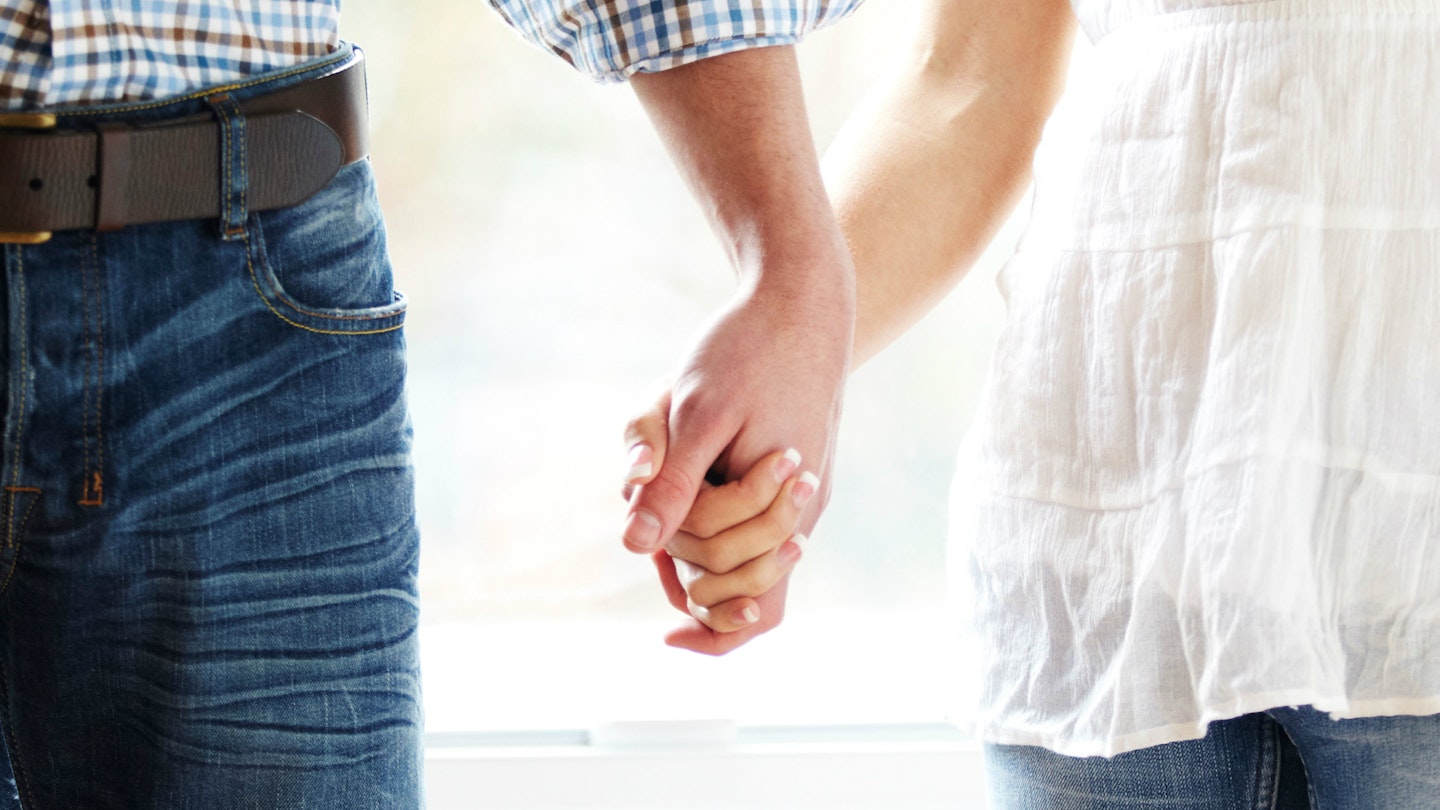Any and every form of abuse within a relationship is completely unacceptable, and no doubt a traumatic experience for victims.
While violent domestic abuse is often represented in television, spoken about in the media, and sometimes identifiable through physical signs, emotional abuse can be harder for both victims and loved ones to identify.
Now thanks to the Coercive Control Law, UK women have the right to prosecute and possibly imprison partners who emotionally abuse them, although the same cannot be said for across the world.
Even with the law in place, it can be extremely hard for men and women to open up about their experiences of a controlling, emotionally abusive relationships and take the steps they need to seek help.
And that’s why it’s important that the hashtag #MaybeHeDoesntHitYou is trending on Twitter, bringing to light what the realities of being in an emotionally controlling relationship looks like.
The social media spark was ignited by one Twitter user, ‘Planet Thickness’ who tweeted the following:
“Maybe he doesn’t hit u. he just comes home angry at the world & broke & starts putting u down for being a useless parasite whos why hes broke.
“#maybeHeDoesntHitYou but threw a huuuge raging weeks long miserable fit coz u cut your hair 'without his permission'.
And it wasn’t long until Twitter picked up on the important message tied into these five seemingly little words, and they began to share their experience on ‘Maybe He Doesn’t Hit You.’
As you can see, victims have covered so many of the different ways behaviour in relationships can become abuse, from destroying your self worth, making decisions over who you see and where you go, aiming to control your appearance to not valuing you as a person.
And of course the campaign raising awareness on the other side of abuse has seen a positive feedback online, with many people supporting sufferer’s brave decisions to come out with their experiences in a bid to inform others of emotional nature of abusive relationships.
For help with domestic abuse, please visit:
Women's Aid, www.womensaid.org.uk, 0808 2000 247 24.
Refuge,www.refuge.org.uk, 0808 2000 247.
Also read…
Coercive Control: The law, definition, warning signs and ways to seek help
